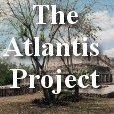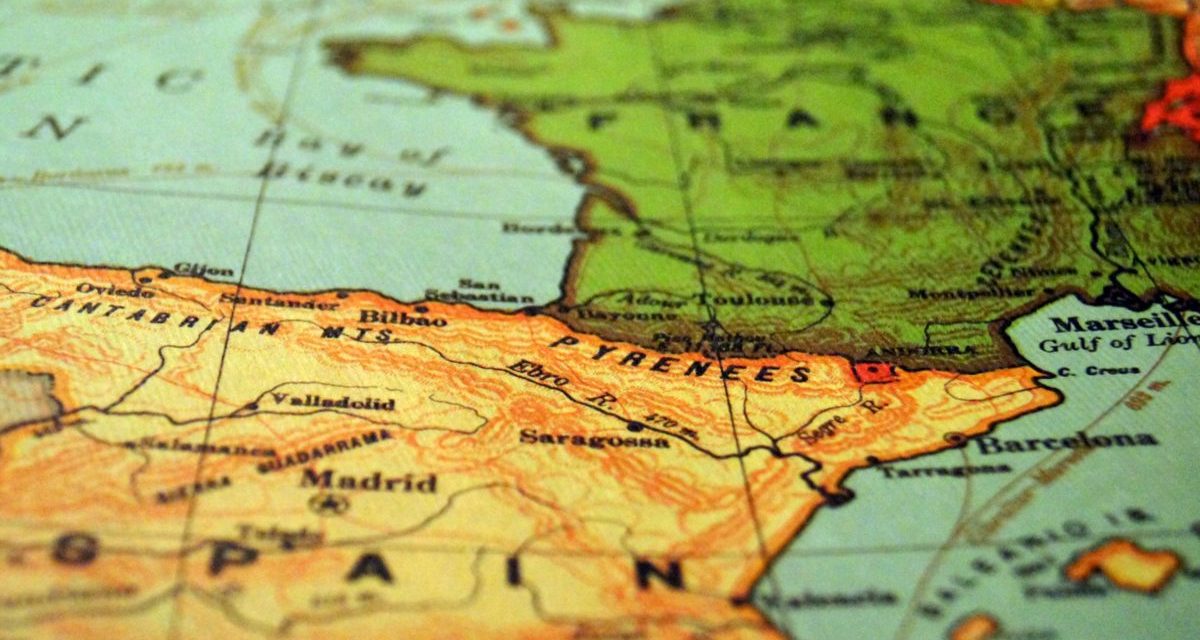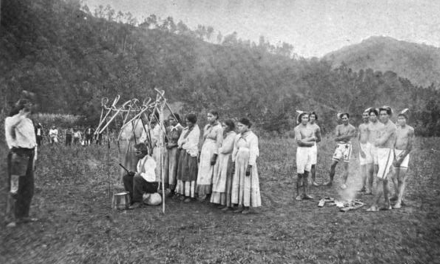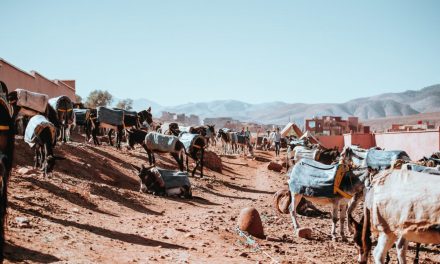The Basques enter the world of Atlantis lore as possible descendants of the lost continent. If we assume Atlantis did exist and it sank where Plato said it did, you would potentially have survivors in Northern Africa (the Berbers) and Northern Spain / Southern France (the Basques). The Basque people are culturally, genetically and linguistically different than their surrounding countrymen.
Basque culture evolved from the ancestry of the ancient Vascones and Aquitanians. Basque culture originated at least 7,000 year ago in the Iberian Peninsula and may actually be older. This also fits with Plato’s sinking of Atlantis. Their language has multiple dialects, where the tribes would form a specific Indo-European language exclusive to their region; much like Native Americans in the United States. This language is also one of the oldest living in the world since Basques are one of the oldest ethnic groups in Europe.
Basque Festivals
The Basque culture is one focus on festivals, folklore, music, and food. Similar to Greek or Roman mythology, Basques believed in Goddesses that represent the elements of Earth. They do not believe in male Gods. Held in August, the Aste Nagusia (Samana Grande, or Big Week Festival), celebrates their folk music, sports, and dance. A familiar event each July , ‘The Running of the Bulls,’ originated in Basque culture as well. In some ancient Greek art there is images of bull jumping. Atlantis supposedly had a tradition of bull jumping. Irish and Scottish cultures contain Basque influences, as stone-lifting and log-chopping originated in this culture. Foods like marmitako (fish stew) and lamb stews are cultural staples at celebrations. People eat together in a ‘txoko;’ a communal space, where mostly men cook.





